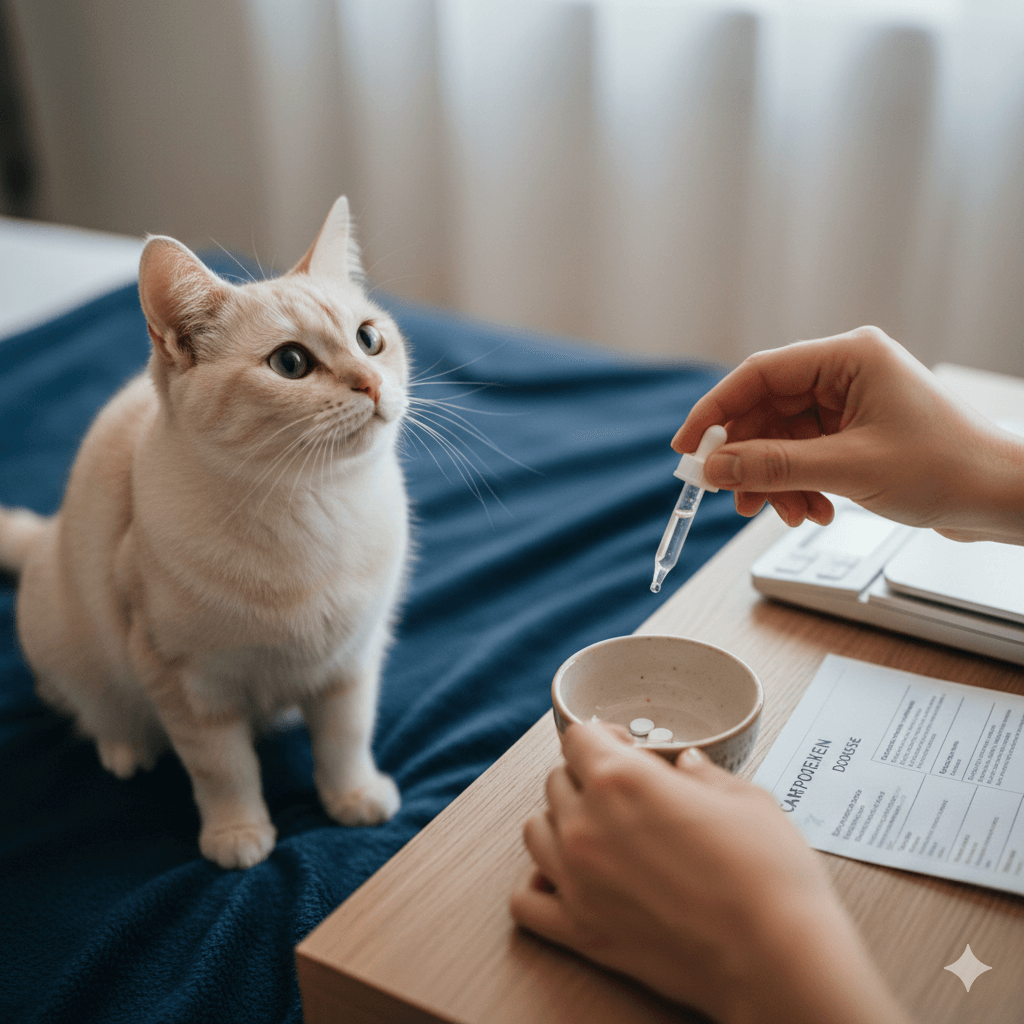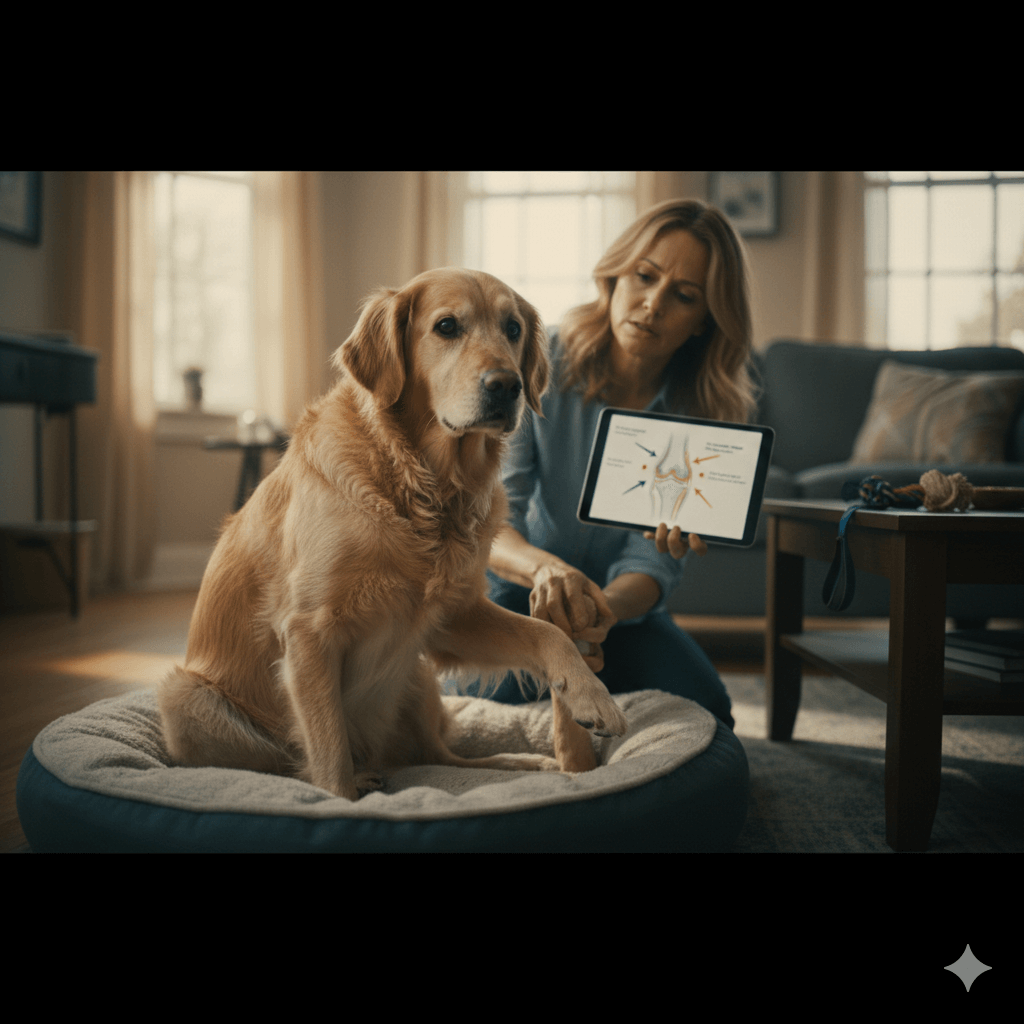Are Golden Retrievers Good Guard Dogs?
Golden Retrievers are one of the most beloved dog breeds worldwide, known for their friendly demeanor, intelligence, and loyalty. But when it comes to guarding your home, do they make the cut? Many people wonder if these gentle giants can double as effective guard dogs. While Golden Retrievers possess qualities like alertness and protective instincts, their temperament often leans more toward companionship than aggression.
In this blog post, we’ll explore whether Golden Retrievers are suited for guard duty, their natural strengths and limitations, and how you can train them to enhance their protective abilities. Let’s dive into what makes this breed unique and whether they fit the role of a guard dog.
Why Golden Retrievers Aren’t Naturally Guard Dogs
While Golden Retrievers have many admirable traits, their personality and temperament aren’t typically aligned with the characteristics of a traditional guard dog. Here’s why they may not be the first choice for guarding your home.
Friendly and Sociable Nature:
Golden Retrievers are famously friendly, making them more likely to greet strangers warmly rather than deter them.Lack of Aggression:
This breed is not naturally aggressive, which is a key trait needed for guard dogs to protect property or people effectively.Eager-to-Please Personality:
Their desire to please everyone, including strangers, can sometimes override their protective instincts.Low Suspicion Levels:
Unlike guard dogs that are naturally wary of unfamiliar faces, Golden Retrievers tend to trust people easily.Playful Demeanor:
Their playful and energetic nature often overshadows any serious guarding behavior.
These traits make Golden Retrievers wonderful family pets but less ideal for traditional guard dog roles without significant training.
Strengths of Golden Retrievers in Protective Roles
Despite not being natural guard dogs, Golden Retrievers do have qualities that can make them effective in certain protective scenarios. With proper training, they can excel in specific areas of home security.
High Intelligence:
Golden Retrievers are quick learners, making it easier to teach them commands related to guarding or alerting.Loyalty to Family:
Their strong bond with their owners means they’re likely to step in if they sense a threat to their loved ones.Alertness to Changes:
They are highly observant and will often bark to notify you of unusual activity around the house.Physical Strength and Stamina:
Their robust build and endurance allow them to act decisively if needed.Trainability:
Their eagerness to learn ensures they can be trained for specific protective tasks, such as patrolling or sounding alarms.
With patience and consistent training, Golden Retrievers can develop skills that complement their natural protective instincts.
Check this guide 👉Golden Retriever Skin Issues: Best 7 Expert Tips!
Check this guide 👉Do Golden Retrievers Shed? Best 7 Expert Tips!
Check this guide 👉Are Golden Retrievers Hypoallergenic? Best 7 Expert Tips!

Pros of Golden Retrievers as Guard Dogs | Cons of Golden Retrievers as Guard Dogs |
|---|---|
Highly intelligent and trainable | Not naturally aggressive |
Loyal and protective of family | Too friendly with strangers |
Alert and quick to sound alarms | Lack of suspicion toward unfamiliar people |
Strong and physically capable | Playful nature can undermine seriousness |
Great at deterring threats through barking | Requires extensive training for guarding |
Training Tips to Enhance Your Golden Retriever’s Guarding Abilities
If you’re determined to train your Golden Retriever for protective duties, focus on building their confidence and teaching specific commands. These tips will help maximize their potential as guard dogs.
Start Early:
Begin training during puppyhood to establish good habits and reinforce protective behaviors over time.Teach Alert Commands:
Use commands like “Watch” or “Guard” to encourage your dog to monitor specific areas or people.Practice Controlled Aggression:
Teach your dog to bark on command or display assertive body language without becoming overly aggressive.Socialize Strategically:
Expose your Golden Retriever to different environments and people while reinforcing boundaries about who is allowed near your home.Reward Calm Behavior:
Encourage calm, focused responses instead of overexcitement when encountering unfamiliar situations.
With consistent effort, your Golden Retriever can become a reliable protector while maintaining their friendly nature.
Alternative Roles for Golden Retrievers
If guarding isn’t the best fit for your Golden Retriever, there are plenty of other roles where they can shine and contribute to your household.
Therapy Dogs:
Their gentle and empathetic nature makes them perfect for providing emotional support in hospitals, schools, or nursing homes.Search and Rescue Dogs:
Golden Retrievers’ intelligence and stamina make them excellent candidates for search-and-rescue missions.Service Animals:
They can be trained to assist individuals with disabilities, performing tasks like retrieving items or guiding visually impaired owners.Family Companions:
Their loving and patient demeanor makes them ideal for families with children or other pets.Competitive Sports Participants:
From agility trials to obedience competitions, Golden Retrievers thrive in activities that challenge their minds and bodies.
These alternative roles highlight the versatility and adaptability of this remarkable breed.
Common Misconceptions About Golden Retrievers as Guard Dogs
There are several myths surrounding Golden Retrievers and their ability to guard homes. Clarifying these misconceptions helps set realistic expectations for potential owners.
They Are Natural Protectors:
While loyal, Golden Retrievers don’t instinctively act as guard dogs without training.Their Size Makes Them Intimidating:
Though large, their friendly demeanor often undermines their intimidating presence.Barking Equals Guarding:
Barking alone doesn’t equate to effective protection; action and intent matter more.All Retrievers Are the Same:
Different retriever breeds have varying temperaments and skill sets, so generalizations can be misleading.They Can Replace Professional Guard Dogs:
Without specialized training, Golden Retrievers cannot match the effectiveness of purpose-bred guard dogs.
Understanding these truths ensures you appreciate the breed for what it truly excels at.
How to Balance Friendliness and Protection in Golden Retrievers
Balancing your Golden Retriever’s innate friendliness with protective training requires careful planning and consistency. Here’s how to strike the right balance.
Set Clear Boundaries:
Establish rules about who is allowed in your home and enforce them consistently.Use Positive Reinforcement:
Reward desired behaviors, such as barking at strangers or staying calm during high-stress situations.Focus on Confidence Building:
Boost your dog’s self-assurance through exposure to new experiences and challenges.Avoid Overtraining for Aggression:
Pushing too hard for aggressive behavior can harm their natural disposition and lead to behavioral issues.Maintain Socialization:
Continue introducing your dog to new people and environments to prevent fear-based reactions.
By balancing these elements, you can nurture both their protective instincts and friendly personality.
Fun Activities to Keep Your Golden Retriever Engaged
Golden Retrievers thrive when mentally and physically stimulated. These fun activities will keep them engaged while strengthening your bond.
Agility Training:
Set up obstacle courses in your backyard to challenge their physical and mental abilities.Fetch Games:
A classic game of fetch satisfies their need for exercise and reinforces recall commands.Obedience Drills:
Practice basic and advanced commands to sharpen their focus and responsiveness.Swimming Sessions:
Many Golden Retrievers love water, so swimming provides excellent low-impact exercise.Interactive Toys:
Puzzle feeders and treat-dispensing toys keep them entertained and mentally sharp.
Engaging in these activities ensures a happy, healthy, and well-rounded Golden Retriever.
Frequently Asked Questions About Golden Retrievers and Guarding
Can Golden Retrievers protect their owners?
Yes, they can protect their owners, but they lack the natural aggression typically associated with guard dogs.
Do Golden Retrievers bark a lot?
They may bark to alert you of unusual activity, but excessive barking isn’t common unless triggered by specific stimuli.
Are Golden Retrievers good watchdogs?
They make decent watchdogs due to their alertness but may not act aggressively toward intruders.
How much training is needed to make them guard dogs?
Extensive training is required to instill protective behaviors, as it doesn’t come naturally to them.
What are better alternatives for guard dogs?
Breeds like German Shepherds, Rottweilers, or Doberman Pinschers are better suited for traditional guard dog roles.
Finding the Right Role for Your Golden Retriever
While Golden Retrievers may not be the ideal choice for traditional guard dog roles, their intelligence, loyalty, and trainability allow them to excel in various other capacities. Whether you’re looking for a loving family companion, a therapy dog, or a participant in competitive sports, this versatile breed has something to offer everyone. By understanding their strengths and limitations, you can find the perfect role for your Golden Retriever that aligns with their natural abilities and temperament. Ultimately, their unwavering devotion and cheerful spirit make them an invaluable addition to any household.
Dog Seizure Symptoms: Best 7 Expert Tips! – Learn to spot signs, respond effectively, and manage seizures in dogs for a healthier, happier life.
Carprofen Dosage for Cats: Best 7 Expert Tips! – Learn safe dosing, risks, and alternatives to manage pain and inflammation in cats effectively.
Africanis Dog Breed: Best 7 Expert Tips! – Explore the resilience, loyalty, and adaptability of this ancient African breed, perfect for diverse lifestyles.
Cruciate Ligament Injury Symptoms in Dogs: Best 7 Tips! – Discover key signs like limping, swelling, and joint instability to ensure prompt treatment.




